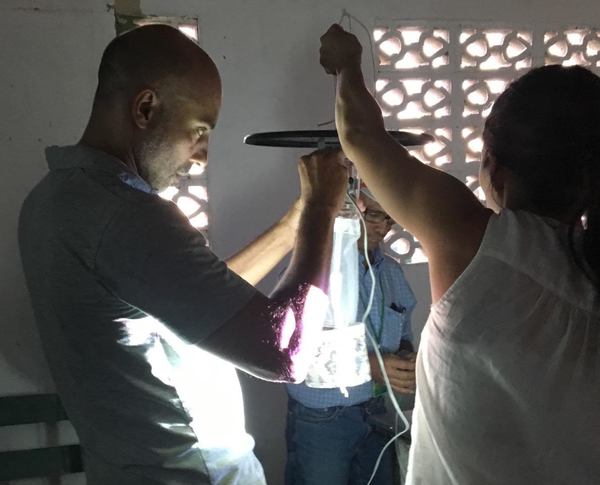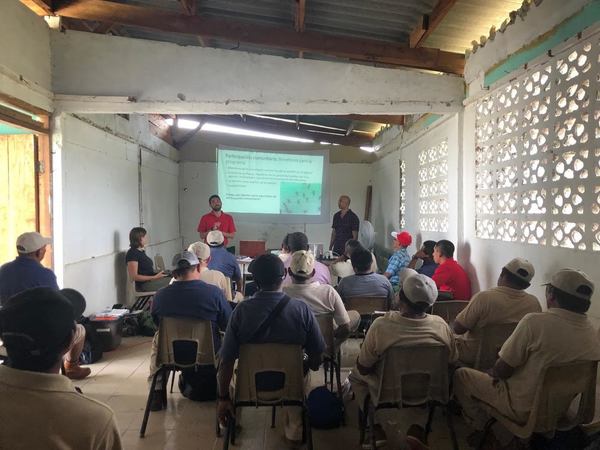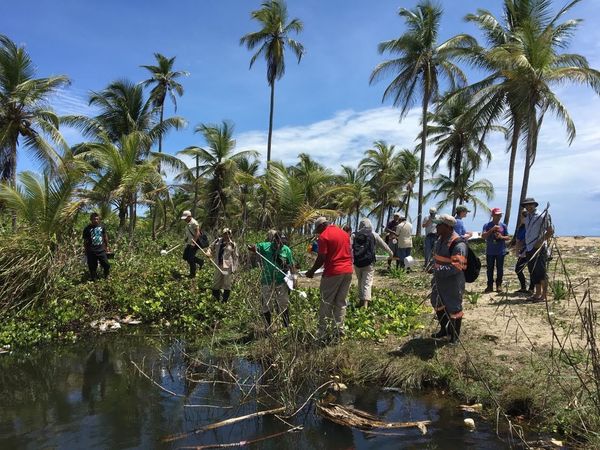Panama
An operational decision support tool for national malaria programs to promote data-driven vector control

Understanding how mosquitos interact with a specific intervention is vital when optimizing local and country-wide malaria control and elimination strategies. A baseline comprehension of entomological, epidemiological, as well as other drivers of disease transmission allows us to both recognize what specific strategies would be most effective as well as evaluate the strategy post implementation. We have developed and are piloting a decision-tree based framework for ministries of health (and other implementation partners) enabling the collection of a minimal set of informative entomological data factoring in limited capacity and resources, towards strategic decision making. This entomological surveillance-planning tool is being piloted in 6 countries, with data coming in from 4 countries at present. These data allow for the understanding of local transmission dynamics and how an intervention may function within it. Consequently, this also allows for evidence based decision making as well as an evaluation of the strategy.
Research Focus
-
Epidemiology
At the EIGH, our researchers use epidemiology to understand the distribution and determinants of the health and disease conditions in specific populations, and to identify risk factors for certain diseases. This allows them to develop, implement, and measure the impact of targeted, preventative healthcare methods.
-
Genetics and Genomics
One way to study certain diseases is through genetics - the study of heredity and the variation of individual inherited genes in an organism. At the EIGH, this means studying how organisms can inherit and spread certain diseases. Additionally, by analyzing the entire structure, function, and evolution of an organism's genes, researchers may identify ways to prevent a disease from genetically passing disease traits.
-
Infectious Diseases
At the EIGH, our researchers work to combat a number of various illnesses, including infectious diseases caused by organisms like bacteria, viruses, fungi, and parasites. These diseases can also be spread from one person to another and may be transmitted from animals to humans.
-
Molecular Biology and Microbiology
Researchers at the EIGH use microbiology, which encompasses the study of an entire microorganism, and molecular biology, or the interactivity between molecules within a cell of an organism, to better understand disease and improve global health.
-
Vector-borne Diseases
Vector-borne disease research is a historic strength of the EIGH. Our researchers study multiple parts of the vector-borne disease lifecycle, such as how the parasites, viruses, and bacteria cause these kinds of diseases, how the vectors spread these diseases, and how to improve prevention methods in tropical and subtropical areas, which have the highest burden of vector-borne illnesses.
Who’s Involved
EIGH Faculty
GLOBAL PARTNERS
- Centers for Disease Control and Prevention, Atlanta
- Clinton Health Access Initiative
- International Centre for Diarrheal Disease Research, Bangladesh (ICDDR,B)
- Ministry of Health – Bangladesh
- Ministry of Health – Mozambique
- Ministry of Health – Myanmar
- Ministry of Health – Namibia
- Ministry of Health – Panama
- United States Agency for International Development (USAID)
- University of California, San Francisco
Additional Information



Human Landing Catch Entomology training for MOH personnel Larval catches
